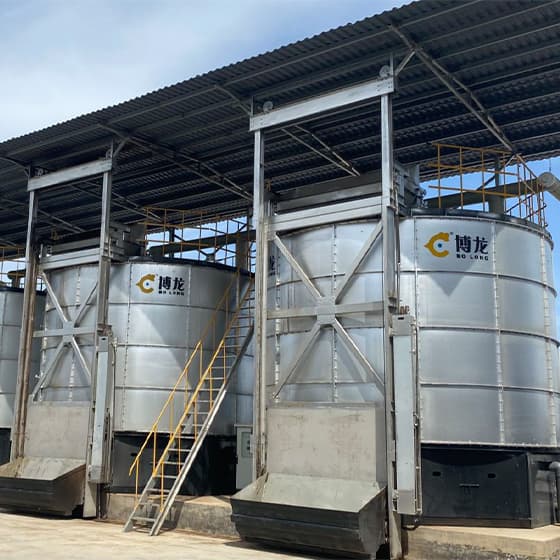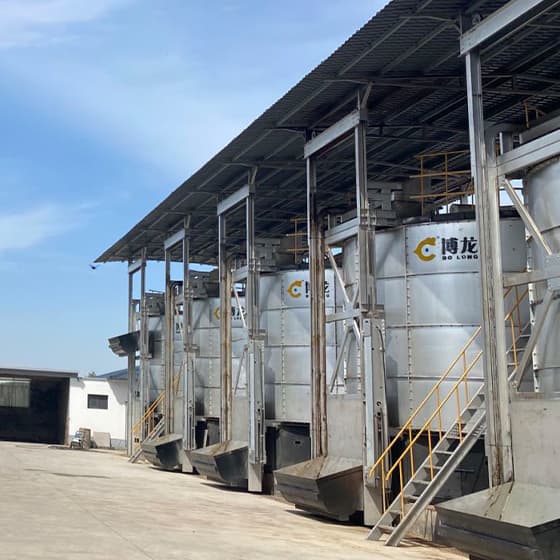Food waste is a significant challenge, but food waste fermentation tanks offer a sustainable solution. These tanks convert food scraps into valuable compost, reducing waste and supporting agricultural productivity.

Globally, food waste contributes to environmental pollution and resource wastage. Traditional disposal methods like landfilling exacerbate these issues, leading to greenhouse gas emissions and nutrient loss.
Food waste fermentation tanks use aerobic fermentation to decompose organic matter. By maintaining ideal conditions for microbial activity, these tanks rapidly transform food scraps into nutrient-rich compost.
Using food waste fermentation tanks reduces the volume of waste sent to landfills, lowers greenhouse gas emissions, and provides an eco-friendly alternative to chemical fertilizers. This sustainable approach also reduces disposal costs and improves soil health.

Food waste fermentation tanks are an effective tool for managing organic waste sustainably. By converting waste into a valuable resource, they contribute to environmental protection and agricultural productivity.